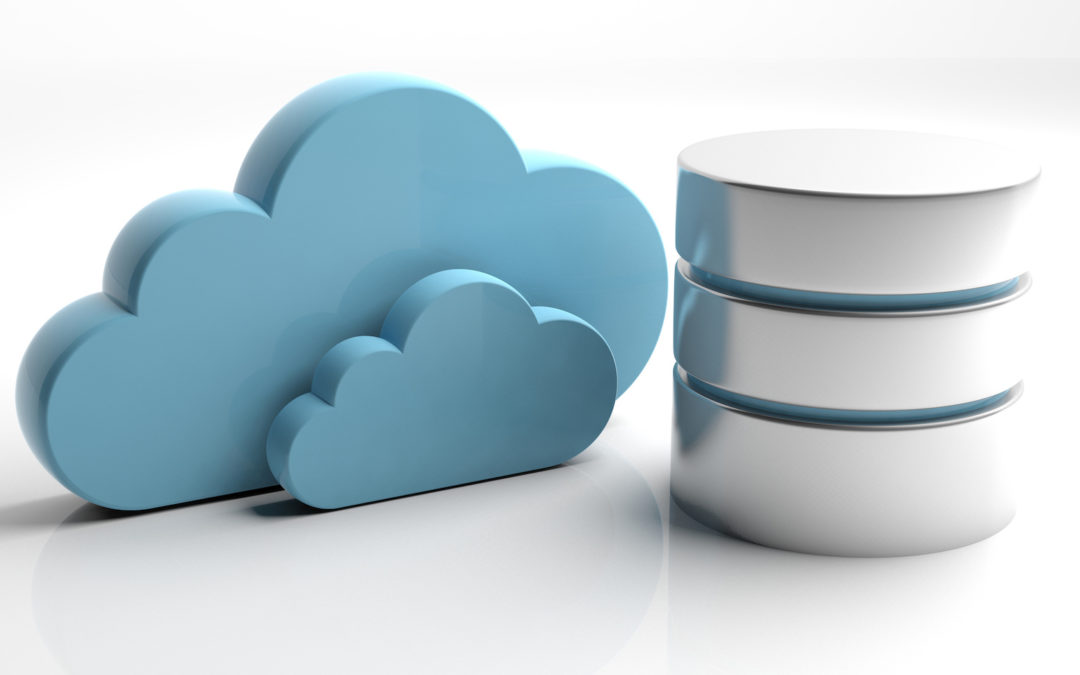What is a Cloud Server and How Does It Work?
If you’re like most small business owners, you’re always looking for ways to save money and increase efficiency. One way to do both of those things is by moving your business to the Cloud. But what is a Cloud server, and how does it work? In this blog post, we’ll answer those questions and give you a few reasons why using a Cloud server might be right for your business.
What is a Cloud server and what are its benefits over traditional servers?
A Cloud server is a virtual server that draws its resources, such as CPU power, memory, and storage, from a network of connected servers. This type of server offers several advantages over traditional servers, including scalability, flexibility, and cost-effectiveness.
Here are a few reasons why you might want to consider using a Cloud server for your business:
- Scalability: Cloud servers are highly scalable, which means they can easily be expanded or adapted to meet the changing needs of your business. For example, if you experience a sudden spike in traffic on your website, you can quickly add more resources to your Cloud server to accommodate the increase.
- Flexibility: Cloud servers are also very flexible, which means they can be configured to meet the specific needs of your business. For example, you can choose the operating system, applications, and other software that you want to run on your Cloud server.
- Cost-effectiveness: Cloud servers are often more cost-effective than traditional servers because you only pay for the resources you use. With a traditional server, you typically have to pay for a certain amount of resources whether or not you use them all.
How does a Cloud server work, and what happens when you need to access your data or applications hosted on it?
Cloud servers are built on virtualisation technology, which allows multiple virtual servers to run on a single physical server. Each virtual server is isolated from the others, which means that one virtual server can’t affect the performance of the others.
The virtualisation software also allows the resources of a physical server to be divided up and shared among the virtual servers. For example, if one virtual server needs more CPU power, it can draw from the unused CPU power of another virtual server.
When you need to access your data or applications hosted on a Cloud server, you simply connect to the server using your internet connection. The virtualisation software then creates a virtual version of the server on your computer, allowing you to access all of your data and applications as if you were working on the physical server.
If you need to increase the resources of your Cloud server, you can simply add more virtual servers. And if you need to decrease the resources, you can remove virtual servers. This flexibility is one of the main advantages of using a Cloud server.
What are some common uses for Cloud servers, and how can they benefit businesses of all sizes?
Cloud servers can be used for a variety of purposes, including hosting websites, storing data, and running applications.
- Websites: Cloud servers are a great option for businesses that want to host their website in the Cloud. Cloud servers are scalable, which means they can easily accommodate increases in traffic. And because Cloud servers are virtual, you don’t have to worry about the physical server going down if there’s a power outage or other problem.
- Data storage: Cloud servers can also be used to store data. For example, you can use a Cloud server to backup your company’s data in the event of a disaster. And because Cloud servers are virtual, you can store your data on multiple servers for added redundancy.
- Applications: Cloud servers can also be used to run applications. For example, you can use a Cloud server to run a customer relationship management (CRM) system or a human resources (HR) system. And because Cloud servers are virtual, you can install and configure the application on multiple servers for added redundancy.
Are there any risks associated with using a Cloud server, and how can you mitigate them?
There are some risks associated with using a Cloud server, but there are also ways to mitigate them.
One of the risks is that your data may be stored on a server that is located in a different country. This can be a problem if the laws in that country are different from the laws in your country. To mitigate this risk, you can choose a Cloud service provider that is located in your country.
Another risk is that you may not have physical access to the server. This can be a problem if you need to access the data or applications on the server for any reason. To mitigate this risk, you can choose a Cloud service provider that offers remote access to the server.
Finally, there is always the risk that the server may go down for some reason. To mitigate this risk, you can choose a Cloud service provider that offers redundancy, which means that your data will be stored on multiple servers.
When it comes to using a Cloud server, there are some risks involved. However, there are also ways to mitigate those risks. By choosing a Cloud service provider that is located in your country and offers remote access and redundancy, you can minimise the risks associated with using a Cloud server. virtual private servers (VPS), virtual dedicated servers (VDS), or Infrastructure as a Service (IaaS).
How much does a Cloud server cost, and what factors should you consider when choosing one?
The cost of a Cloud server depends on a number of factors, including the type of server you choose, the provider you choose, and the features you need. When choosing a Cloud server, you should consider your needs and budget to find the best option for your business.
- Type of server: The type of server you choose will affect the cost. Cloud servers can be virtual private servers (VPS), virtual dedicated servers (VDS), or Infrastructure as a Service (IaaS). VPS are typically the most affordable option, while IaaS can be more expensive.
- Provider: The provider you choose will also affect the cost. Some providers offer discounts for longer terms, so if you’re looking for a long-term solution, it’s important to compare prices.
- Features: The features you need will also affect the cost. Some features, such as backups and redundancy, may cost extra. When considering the cost of a Cloud server, be sure to consider all the features you need.
Cloud servers are a versatile, affordable, and secure way to host your business applications and data. They offer many benefits over traditional servers, such as scalability, flexibility, and ease of use. By choosing the right Cloud server for your business, you can rest assured that your data is safe and accessible when you need it. Contact us today to learn more about how we can help you make the switch.




